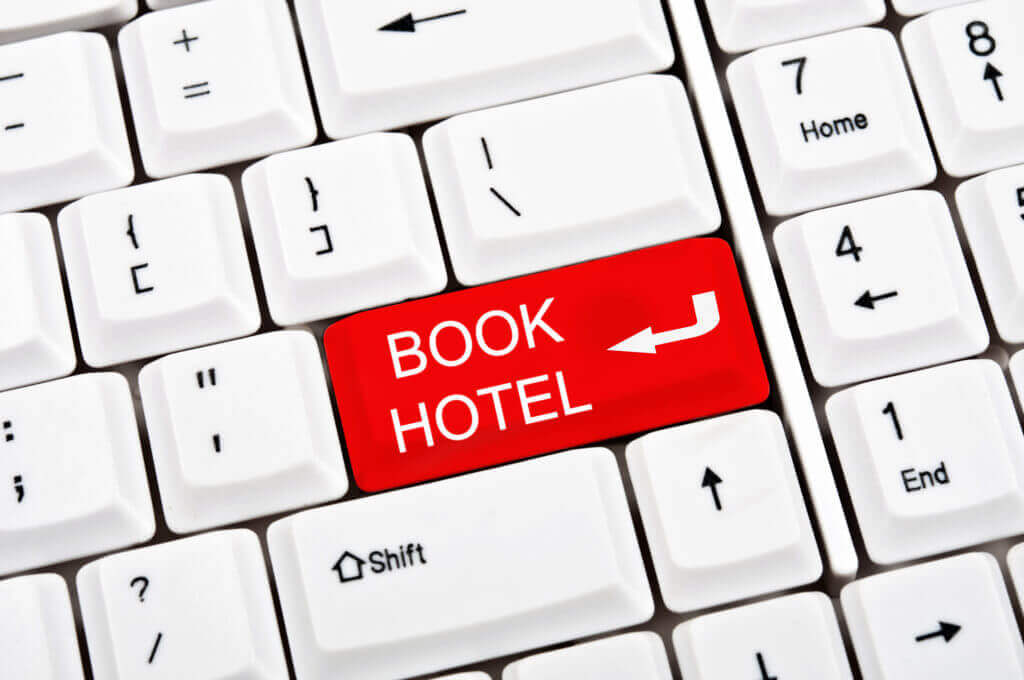
The collective push by the hotel industry in recent years to get guests to book direct could intensify as new entrants add pressure and competition to the distribution landscape. At the same
time, some hoteliers have softened their stance on the third-party platforms they know, signaling more willingness to work with online travel agencies.
For Choice Hotels International, direct booking 2.0 will focus on obtaining consumer information and personalizing messaging so the company can present guests with properties, locations and other items they’re looking for when booking hotels, said Robert McDowell, chief commercial officer.
He stressed the importance of meeting consumers on the channels they want to use, and for many people on the go, that’s the Choice Privileges mobile app.
“We continue to focus on improving our mobile experience, speed, how fast we can (run to) the right properties so that consumers aren’t waiting,” he said, adding that Choice has seen more and more people downloading the app and using it to book direct.
Choice announced its partnership with Book on Google in recent months, which allows guests to book through Google while the reservation is managed by the Choice property chosen by the user. McDowell said this partnership is viewed “as an extension of Choicehotels.com” and plays into the company’s direct-booking strategies.
“We look at it as really a win-win for our guests as well as our franchisees, making it easier than ever for guests to book a hotel at one of our hotels online,” he said. “It minimizes the drop-off in terms of search habits, which (results in) better conversions for our brands, and gives us a book-direct feel, as well as giving us direct access to the customer data, which allows us to manage (reservations) and find the right level of service.”
An important aspect of the push to book direct for Best Western Hotels & Resorts is driving traffic to direct-booking channels and “protecting that traffic because it can easily be hijacked” by the OTAs, said President and CEO David Kong.
“So when you think about the next evolution (of direct-booking pushes), it’s about how you deal with these opportunities. The search engines and metasearch engines buy OTAs to advertise and hijack the traffic,” he said. “That’s what we’ve been working on, and that’s how this whole thing is evolving.”
Leslee Torres, SVP of digital, loyalty and partnerships at RLH Corporation, said RLHC “has really taken a different approach on the book-direct messaging from day one.”
“We understand there is value and efficiency gained for the consumer to book or to at least shop via the OTAs or now Google. (We’ve taken) a more collaborative approach and said, ‘Look, we understand there is a benefit to you as the consumer … we understand there is a value to the consumer; we want to be the easiest hospitality chain for you to stay at.’ And so we’ve actually gone the opposite direction of book direct and we’ve put our loyalty program rates … on Expedia and we would like to expand that on other channels because we believe that is what is most efficient for the guest in the long run.”




